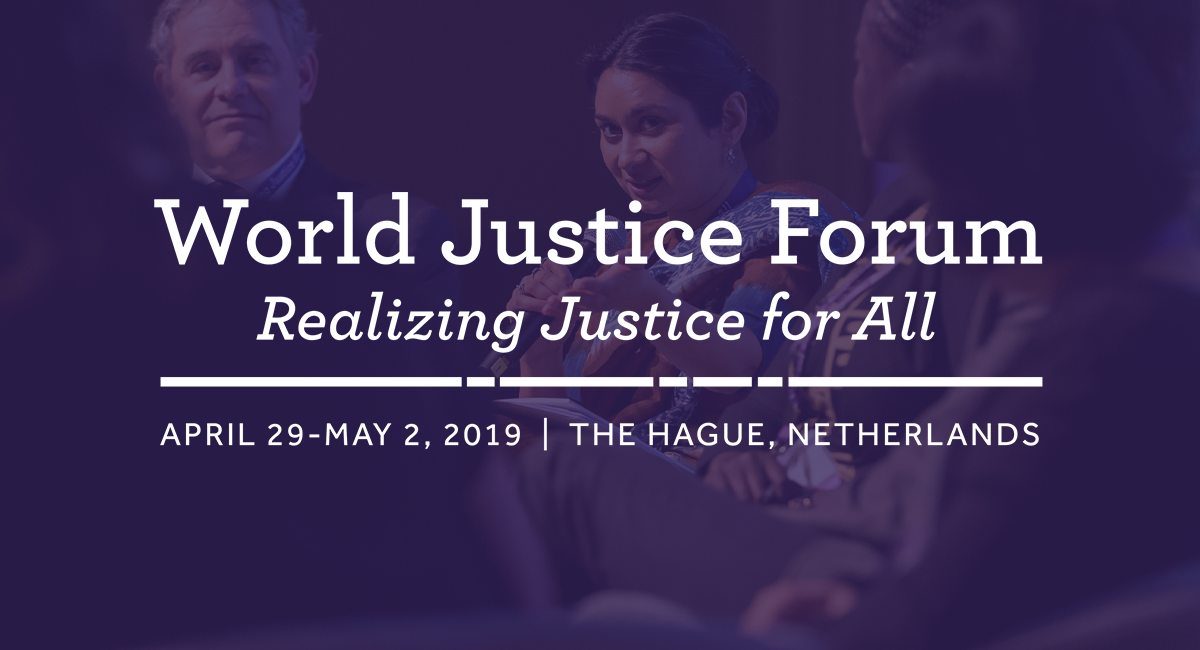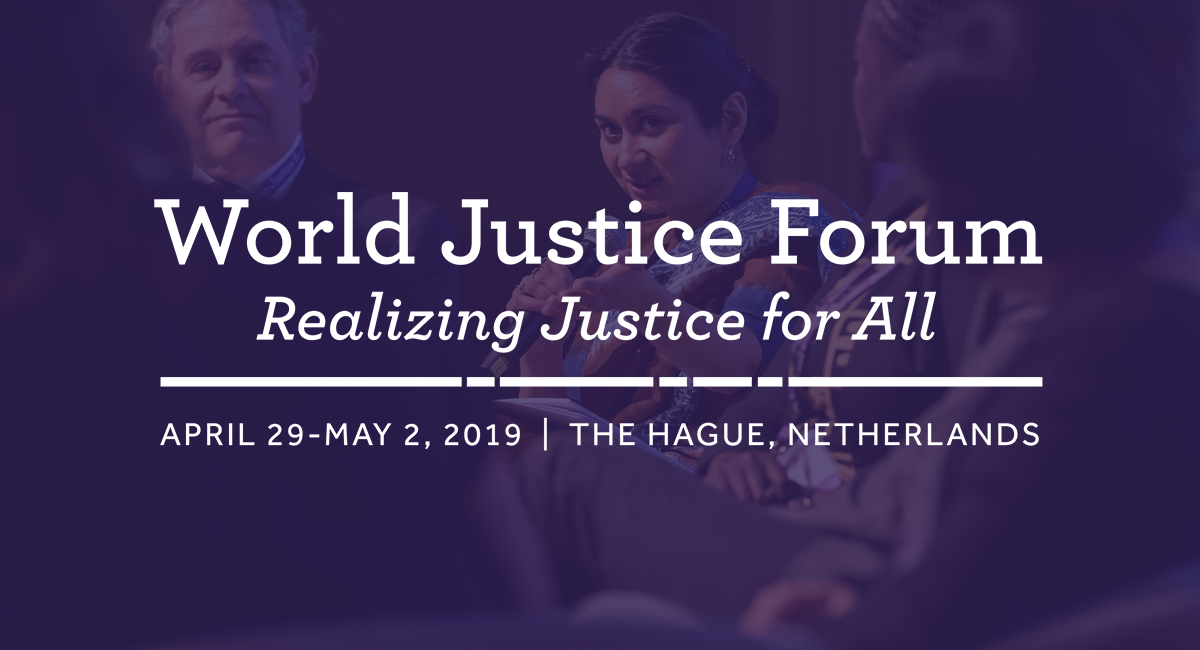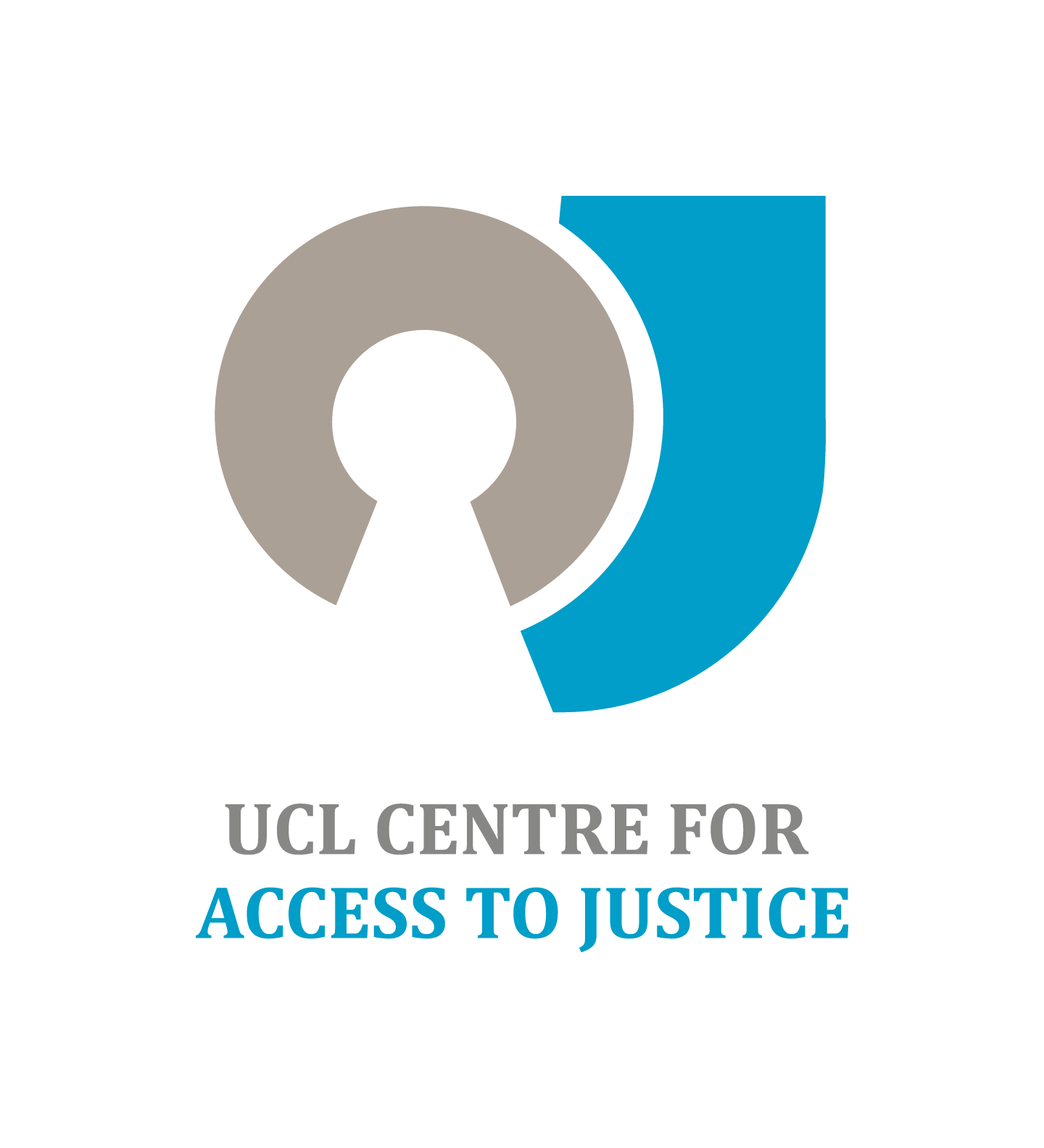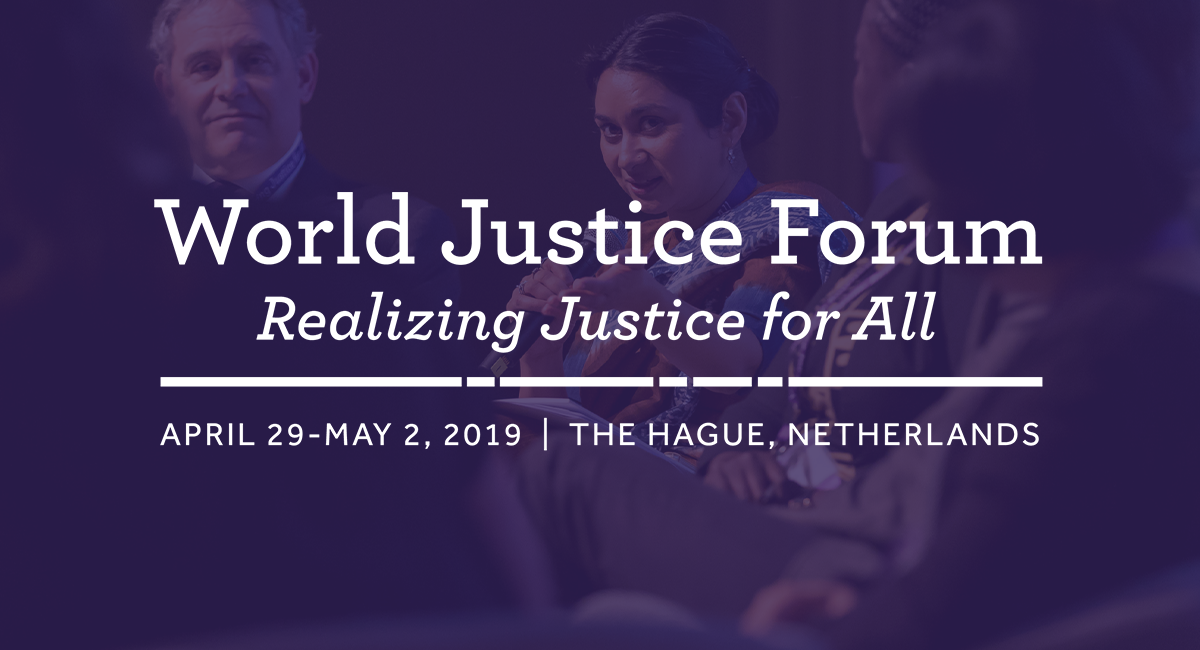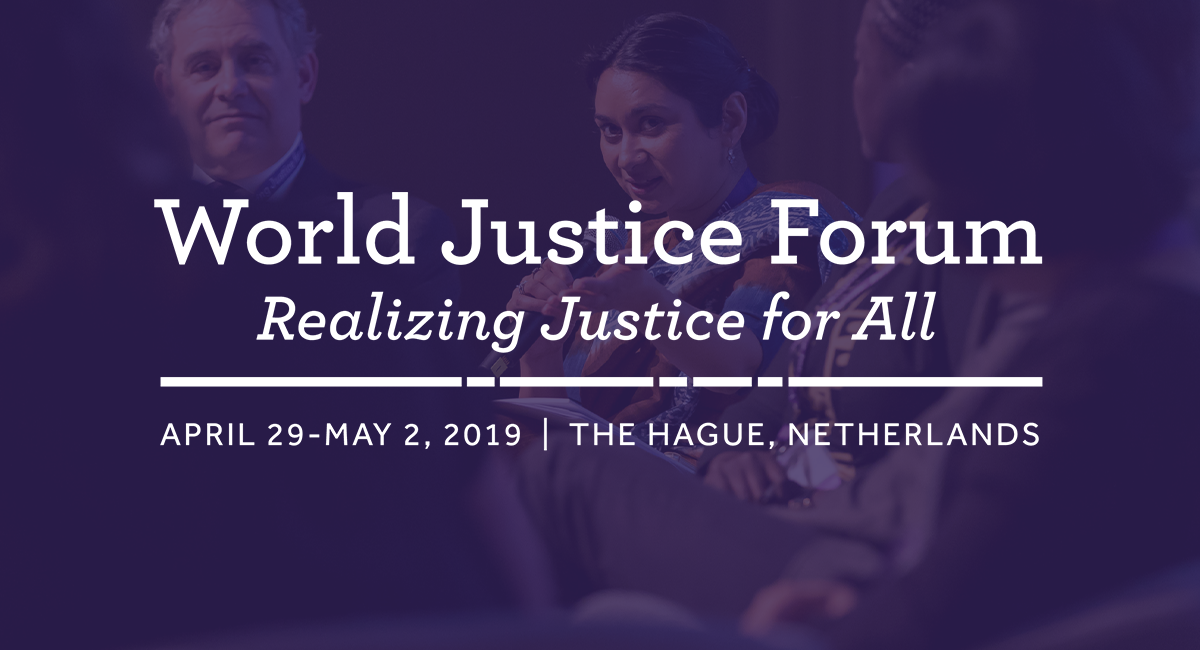How does the implementation and enforcement of environmental laws address the severe health effects of environmental pollution? This session explored current laws and standards, and outlined how efforts to train lawyers and judges in various countries have helped bridge the gaps between laws and health outcomes for affected populations. Speakers highlighted the importance of empowering local populations through environmental litigation, and emphasized the need to build tools and skills that can be transferred, such as learning to collect information and document health harms, legal education, and legal assistance and council. International training of lawyers in environmental law was also flagged as an important practice, particularly for private legal practitioners, who have been excluded in the past. Speakers also highlighted the significant work that must be done to establish environmental protection as a fundamental right, and to broaden the development community’s appreciation of the impact of law and justice on human development.
Read the full summary for this working session.
Additional Resources:
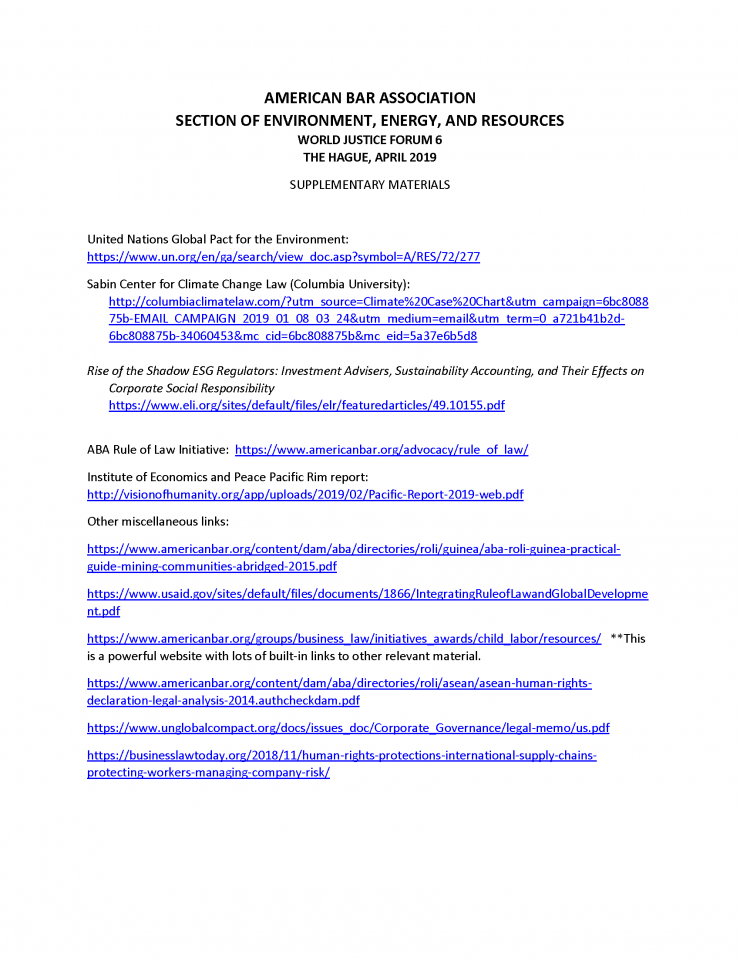
Legal Tools for Advancing Environmental Justice and Public Health: Working Session Supplementary Materials



